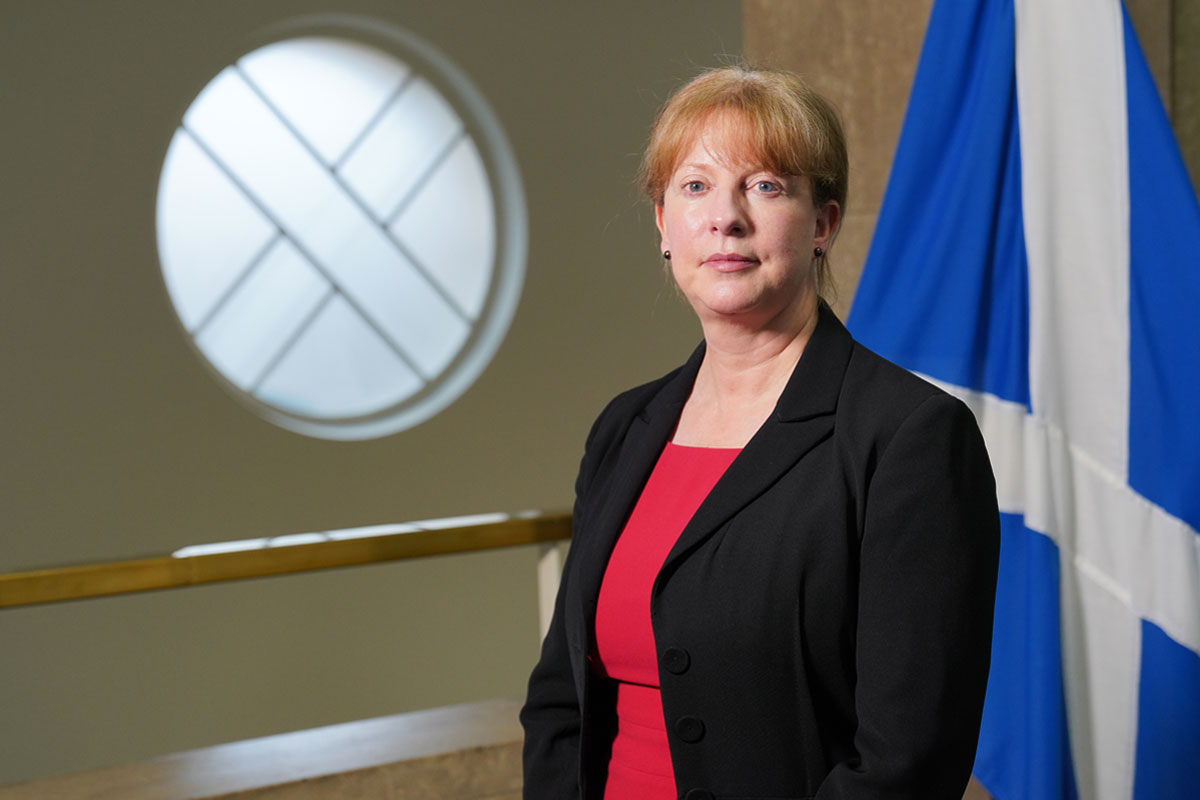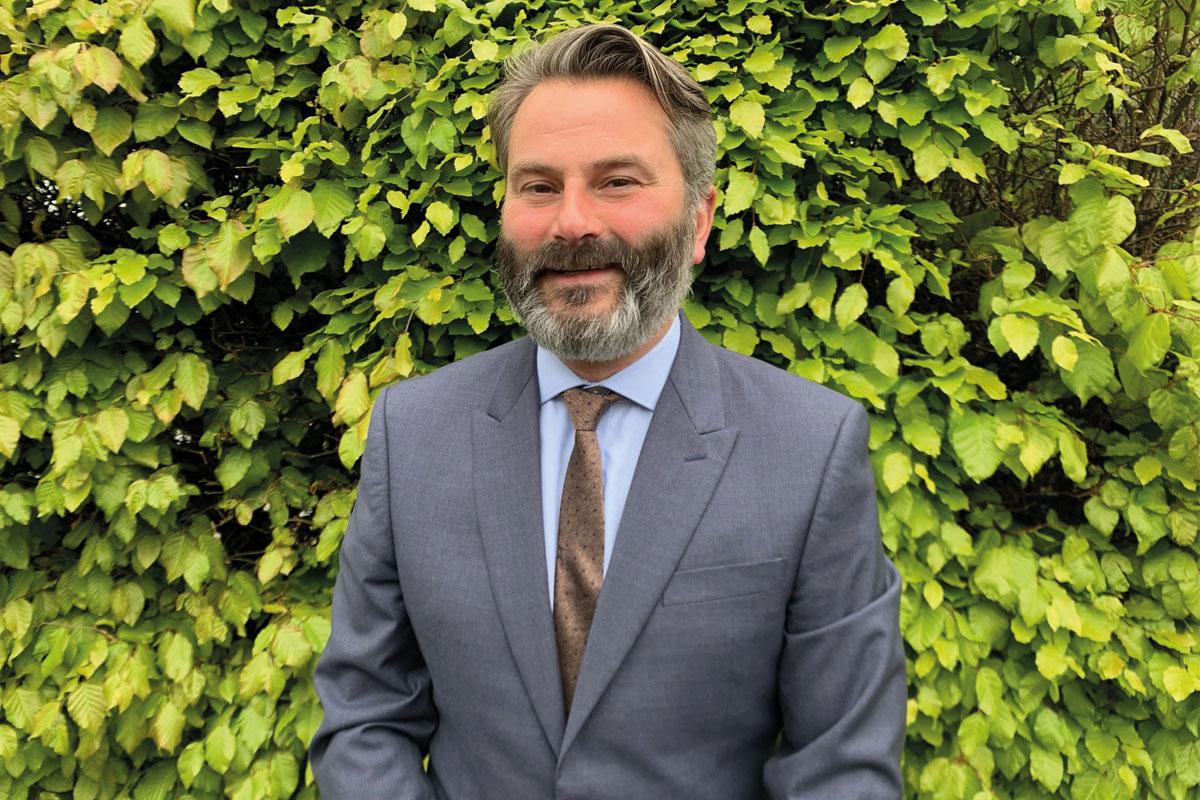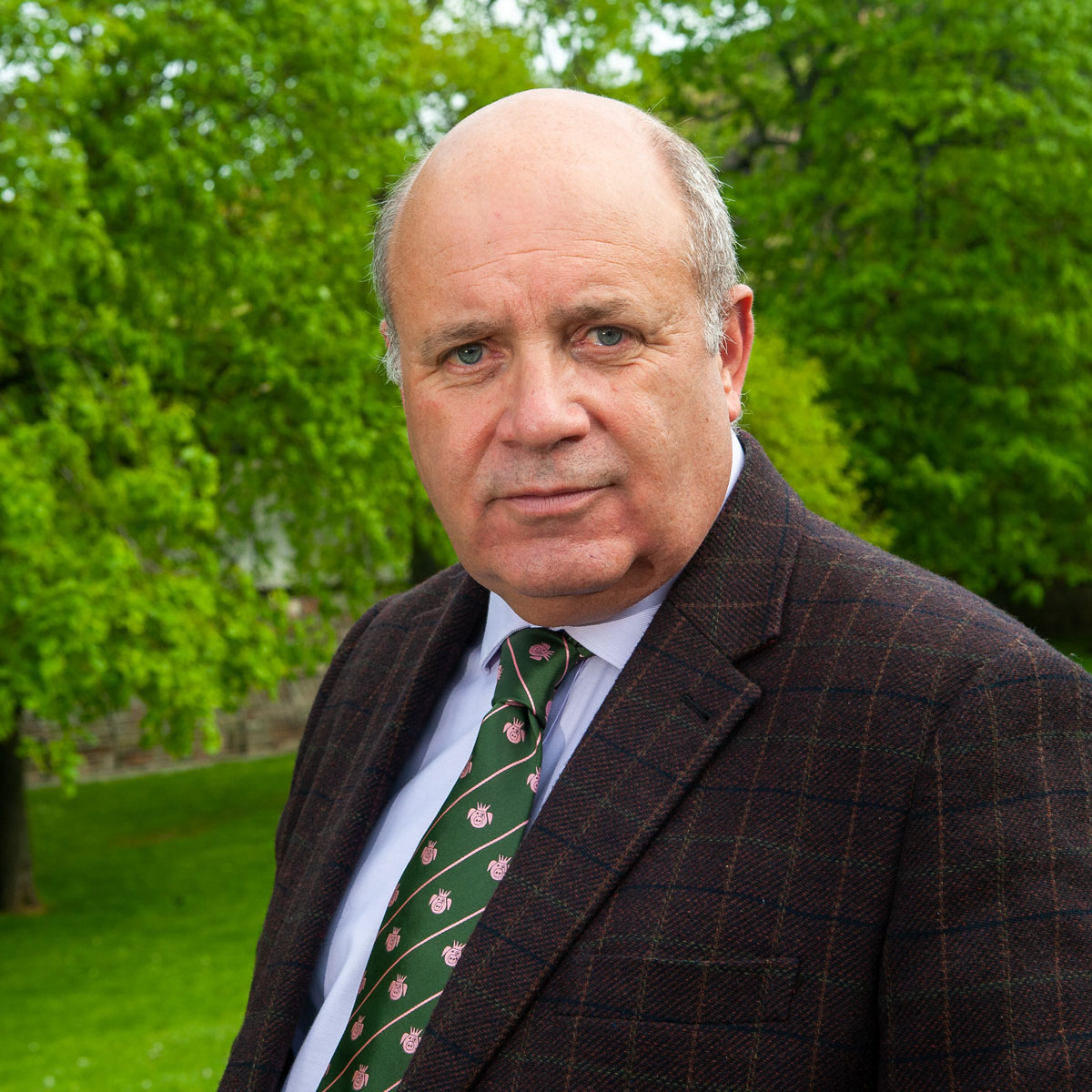
ScotGov has listened to the country’s hospitality sector – and matched the 40% business rates relief for pubs and restaurants announced in the recent UK Government budget.
However, the measure is only being put in place for venues with a rateable value up to and including £51K – a caveat that will exclude many struggling businesses from this urgently needed financial boost.
In the statement to Holyrood this afternoon, the Cabinet Secretary for Finance & Local Government Shona Robison announced Non-Domestic Rates support of 40% for hospitality businesses in the Basic Rate Poundage, and the continuation of both 100% relief for Islands and the Small Business Bonus Scheme.
Robison said the ‘government had listened’ and would act on the priorities of people, businesses and organisations across the country.
“We will offer a 40% relief in 2025-26 to properties in the hospitality sector (including grassroots music venues with a capacity of up to 1500) which are liable for the Basic Property Rate (those with a rateable value up to and including £51,000), capped at £110,000 per business.
“Recognising the specific challenges faced by the hospitality sector in island communities, we will also continue to offer 100% relief in 2025-26 for hospitality premises (including grassroots music venues with a capacity of up to 1500) located on islands as defined by the Islands (Scotland) Act 2018, and in three prescribed remote areas (Cape Wrath, Knoydart and Scoraig), capped at £110,000 per business,” she explained.
“Taken together, we estimate these hospitality reliefs could benefit up to 13,000 properties. We also remain committed to working with the hospitality and other sectors, in the New Deal for Business Non-Domestic Rates sub-group, on the long-term issues that they have raised.”
English hospitality venues had been benefitting from 75% business rates relief until the new Labour Government’s first Budget, which reduced that relief to 40%.
Figures provided by UKHospitality Scotland suggest that some 2600 Scottish hospitality businesses sit above that £51k Basic Property rate banding, so will not be eligible for the rates relief.
UKH Scotland executive director Leon Thompson said: “The introduction of 40% business rates relief is very positive for venues that are eligible for this support.

“With costs mounting for venues across Scotland, this support could be a lifeline for some businesses making tough decisions about whether to invest, take on more staff, or even shutting the doors for good.
“Freezing the Basic Property Rate and providing 100% relief for businesses on the islands are also positive measures that will help to ease the cost burden on the sector,” said Thomson.
“However, there are around 2600 businesses that will not be eligible for relief – they face a double-whammy of increased employer taxes and an inflationary rise in their higher level of business rates in April.
“Hospitality’s ability to provide jobs for everyone is one of our impactful contributions to Scotland and I am concerned about the unintended consequences those tax rises will have on the ability of those unsupported businesses to support employment.”
Scottish Tourism Alliance CEO Marc Crothall MBE, commented: “While the business rates relief measures announced in today’s Scottish Budget will provide comfort for many smaller hospitality businesses, we are however very disappointed that those tourism and hospitality businesses facing the biggest cost burden have been overlooked.

“In fact, businesses in the intermediate and higher property rate bracket will be paying even more due to the increase in poundage,” Crothall noted.
“The rise in National Insurance employer contributions will already leave those with the highest wage bills vulnerable and exposed. With no measures to immediately ease mounting financial burdens, many will be forced re-evaluate their business models and will be left at a competitive disadvantage compared to their counterparts over the border.”
Paul Waterson of the Scottish Licensed Trade Association was more scathing, noting that the rates relief announcement had been ‘made in a way to catch headlines’ but would do little to stop closures and job losses in the sector.
“Wide-ranging support on business rates was our big ask from the Scottish Government, especially after Westminster’s Budget which raised the level of employer National Insurance rates, cut the payment threshold from £9,000 to £5,000, and an above-inflation rise of 6.7% to the minimum wage,” said Waterston.
“Together this means, on average, operators’ outgoings will increase by between £2000 and £2500 per employee.
“Quite simply the whole trade needed help to offset these costs,” he said. “They have not listened to us and this announcement will only help those paying the basic property rate, which is those with a rateable value up to and including £51,000.
“Yes, we are delighted for those getting the relief but because we are rated on turnover and profit is not taken into account, many relatively small businesses in our trade are above the £51,000 threshold. This means many licensed premises above the cut-off point are now wondering if they will survive.”
Waterson said that the SLTA continued to call for a full review of the commercial rating system, where in Scotland licensed hospitality businesses were ‘disproportionately burdened’ with commercial rates charges in comparison with other business sectors in Scotland, and indeed with licensed hospitality businesses in other parts of the UK.
Scottish Beer & Pub Association CEO Emma McClarkin commented: “It is still an uphill challenge for the sector with not every pub receiving the support, as well as the proposed increase in National Insurance Contributions disproportionately impacting hospitality businesses, adding on an average £4,700 in costs to each pub operating across the country.
“However, the 40% relief announced today will hopefully mean fewer closures over the next year and give the sector some added confidence moving forward.”
McClarkin agreed that Scotland’s pubs had been hit with a ‘perfect storm’ of increasing costs and headwinds such as a growing regulatory burden and inflationary pressures, combining to see net income for the average pub drop by 54% since 2019, and net margin drop from 8.5% to 3%.
“The lack of support on rates in previous years created a situation where pubs in Scotland were closing at twice the rate of those in England and support on this was our number one ask in our budget submission – we’re delighted they’ve listened to our calls.”

A spokesperson for Night Time Industries Association Scotland said: “The specific package of NDR support for music venues was one of the main requests NTIA Scotland made of Scottish Government in the lead up to the budget, and we are grateful that this particular ask has been prioritised.
“This is a step in the right direction, and we are optimistic about what this could mean for businesses at the heart of our vibrant nighttime economy.
“We are grateful to DFM Kate Forbes and Public Finance Minister Ivan McKee for their advocacy behind the scenes to champion the Hospitality and Night Time Economy, and acknowledge that their efforts have been instrumental in ensuring our sector’s voice was heard,” said the NTIA.
“However, while the headline announcements are encouraging, it’s essential to delve into the detail to fully understand the impact and ensure it aligns with our key asks: addressing soaring operational costs, improving access to funding, and safeguarding jobs within the Night Time Economy in Scotland. In particular it will be critical to understand the detail around the specific qualification criteria for these NDR reliefs.”




















